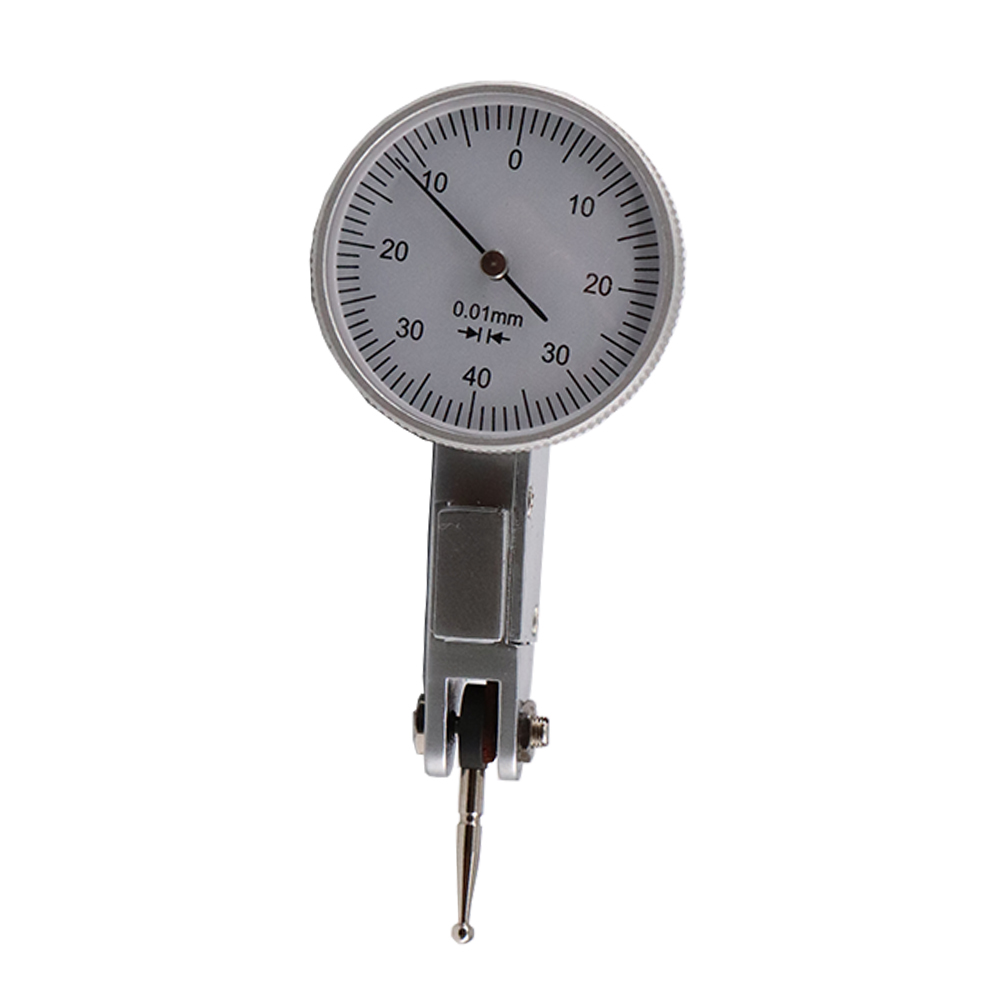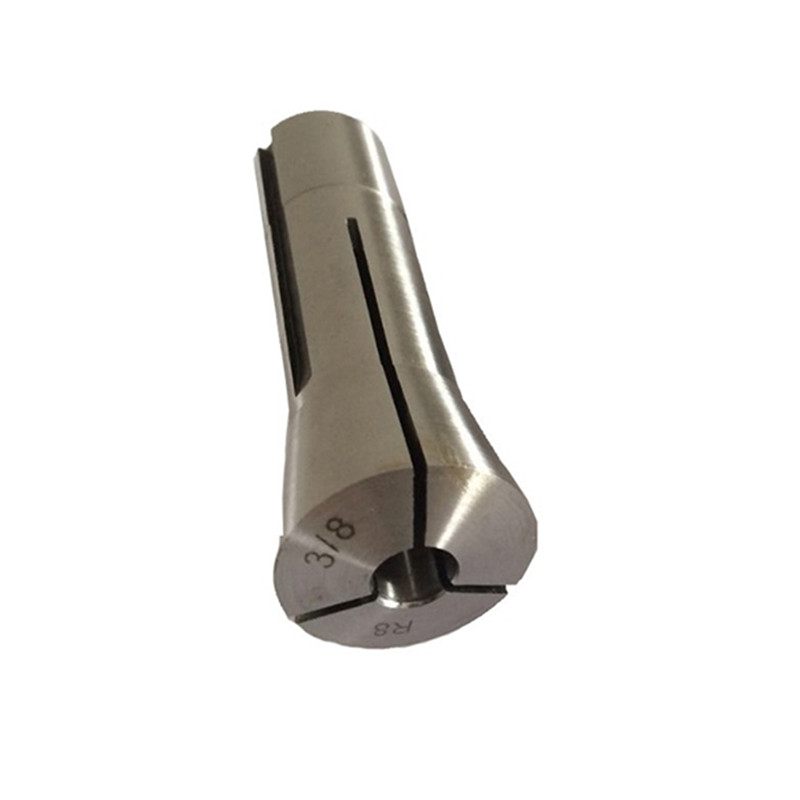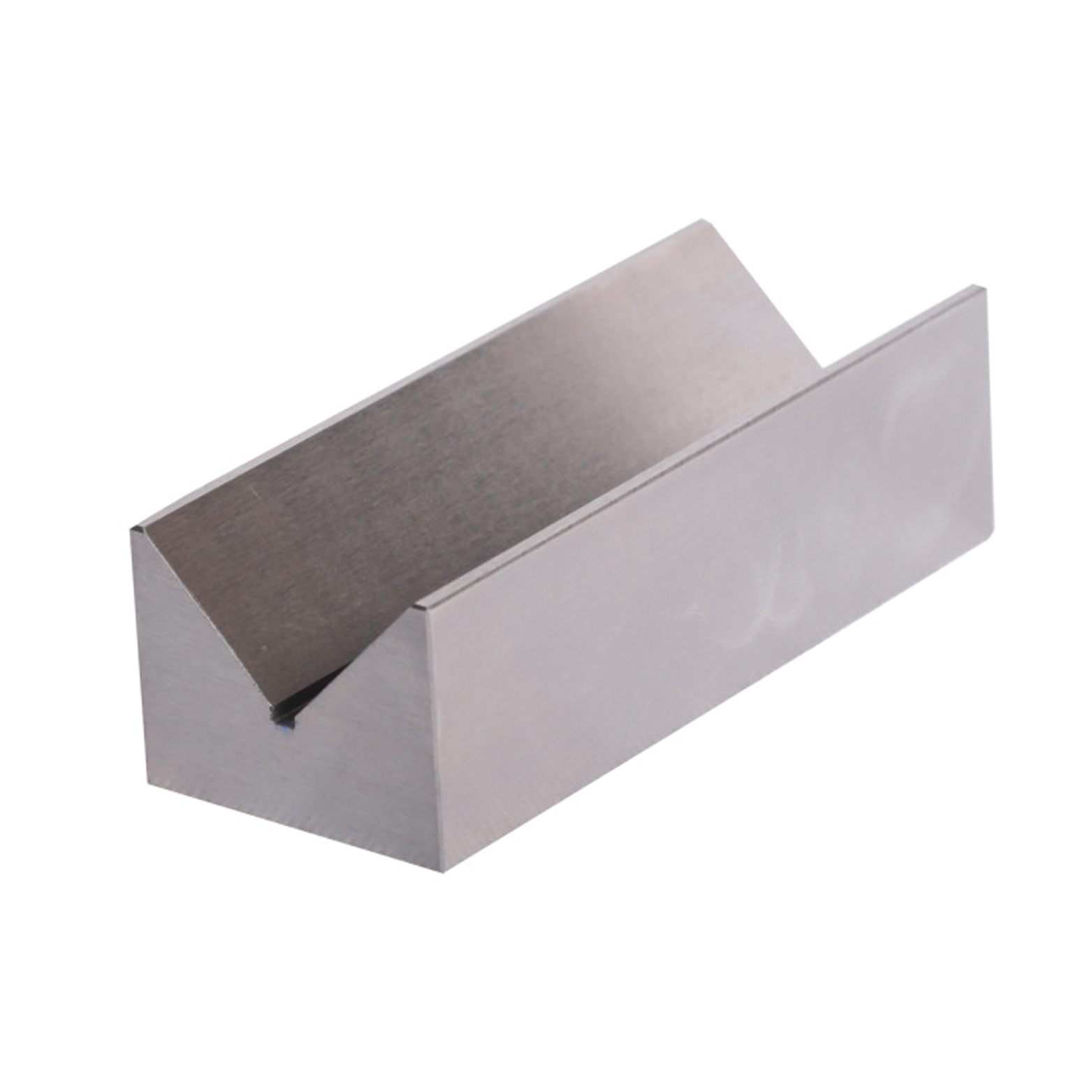Wholesale metal threading tool
Finding the right wholesale metal threading tool can be challenging. This guide provides a comprehensive overview of different types of metal threading tools, their applications, key features to consider when purchasing, and where to find reliable wholesale metal threading tool suppliers like Wayleading Tools, ensuring you get the best tools for your specific needs.
Understanding Metal Threading
Metal threading is a crucial process in manufacturing and construction, creating helical ridges (threads) on a metal workpiece to allow for secure fastening with screws, bolts, or nuts. This process requires specialized metal threading tools designed for precision and durability.
Types of Metal Threads
Understanding different thread types is essential when selecting the appropriate wholesale metal threading tool. Common thread types include:
- Unified National Coarse (UNC): A general-purpose thread, widely used in various applications.
- Unified National Fine (UNF): Offers greater strength and a tighter seal compared to UNC threads, ideal for applications requiring high precision.
- National Pipe Thread (NPT): A tapered thread used for sealing pipes and fittings in plumbing and hydraulic systems.
- Metric Threads (M): An internationally standardized thread system used extensively in Europe and Asia.
Types of Wholesale Metal Threading Tools
Several types of metal threading tools are available on the wholesale market, each suited for different applications and materials.
Taps
Taps are used to create internal threads in pre-drilled holes. They come in various types, including:
- Hand Taps: Designed for manual threading, typically sold in sets of three (taper, plug, and bottoming tap).
- Machine Taps: Used with power tools like drill presses or CNC machines for faster and more precise threading. Spiral point taps (also called 'gun taps') push chips ahead of the tap, while spiral flute taps pull chips back.
- Forming Taps (Roll Taps): These taps don't cut threads; instead, they form them by displacing the metal. This creates stronger threads and eliminates chips. Forming taps are more suited for softer metals.
Dies
Dies are used to create external threads on rods or bars. Common types include:
- Round Adjustable Dies: A versatile option for general-purpose threading. The cutting diameter can be slightly adjusted.
- Hex Dies: Often used for re-threading damaged threads. They can be used with a wrench for easy turning.
- Button Dies: Similar to round adjustable dies but typically smaller and less adjustable.
Threading Inserts
Used with specialized tool holders on lathes or milling machines to create both internal and external threads. Threading inserts offer high precision and repeatability and are easily replaceable.
Threading Mills
Threading mills use a rotating cutter to create threads in a single pass. They are especially useful for threading blind holes or materials that are difficult to tap or die. Thread mills offer excellent thread quality and dimensional accuracy.
Factors to Consider When Choosing a Wholesale Metal Threading Tool
Selecting the right wholesale metal threading tool requires careful consideration of several factors:
Material
The material being threaded significantly impacts the tool selection. Harder materials like stainless steel require high-speed steel (HSS) or carbide tools, while softer materials like aluminum can be threaded with carbon steel tools. Using the wrong tool can lead to tool breakage and poor thread quality. Wayleading Tools offers a variety of tools suitable for different materials, ensuring optimal performance and longevity.
Thread Type and Size
Ensure the tool is compatible with the desired thread type (UNC, UNF, NPT, Metric, etc.) and size. Using an incorrect thread pitch will result in unusable threads.
Tolerance
The required thread tolerance will influence the choice of tool. High-precision applications may necessitate the use of threading inserts or mills. Ground threads generally offer higher accuracy than cut threads.
Application
Consider the specific application. For example, blind hole threading requires a bottoming tap, while through-hole threading can use a taper or plug tap. Re-threading damaged threads might require a specialized re-threading die.
Tool Material
High-Speed Steel (HSS): A common and cost-effective material for general-purpose threading. HSS tools offer good wear resistance.
Cobalt HSS: Offers improved heat resistance and wear resistance compared to standard HSS, making it suitable for harder materials.
Carbide: The most durable option, ideal for high-volume production and threading abrasive materials. Carbide tools can withstand high temperatures and cutting speeds.
Finding Reliable Wholesale Metal Threading Tool Suppliers
Sourcing wholesale metal threading tools from reliable suppliers is crucial for ensuring quality and consistency. Wayleading Tools is a trusted supplier offering a wide range of high-quality tools at competitive prices. Consider the following when selecting a supplier:
- Product Range: Does the supplier offer a comprehensive selection of tools to meet your specific needs?
- Quality: Are the tools made from high-quality materials and manufactured to exacting standards?
- Pricing: Are the prices competitive compared to other suppliers in the market?
- Customer Service: Does the supplier offer excellent customer service and technical support?
- Delivery Times: What are the typical delivery times for orders?
Metal Threading Techniques and Best Practices
Proper threading techniques are essential for achieving high-quality threads and extending tool life.
Lubrication
Always use appropriate cutting fluid or lubricant when threading metal. Lubrication reduces friction, dissipates heat, and helps to remove chips. Different materials require different types of lubricants. For example, aluminum benefits from lubricants specifically designed for aluminum, while stainless steel often requires a high-sulfur cutting oil.
Speed and Feed
Use appropriate speeds and feeds when using power tools. Excessive speed can lead to tool breakage and poor thread quality. Refer to the tool manufacturer's recommendations for optimal speeds and feeds.
Chip Removal
Regularly remove chips from the workpiece and the tool. Chips can clog the threads and cause damage to the tool and the workpiece. Backing out the tap or die periodically helps to break and remove chips.
Tool Maintenance
Keep your metal threading tools clean and sharp. Dull tools produce poor threads and require more force, increasing the risk of breakage. Sharpening taps and dies is a cost-effective way to extend their lifespan.
Troubleshooting Common Threading Problems
Even with proper techniques, threading problems can occur. Here are some common issues and their solutions:
- Torn Threads: Often caused by dull tools, insufficient lubrication, or excessive speed.
- Oversized Threads: May be due to using a worn-out die or tap.
- Undersized Threads: Could be caused by a die or tap that is not properly adjusted.
- Cross-Threading: Occurs when the tap or die is not started straight. Use a tapping guide or die stock to ensure proper alignment.
Examples of Metal Threading Tool Use Cases
Here are some practical applications where selecting the right wholesale metal threading tool is crucial:
- Automotive Repair: Repairing damaged threads on engine components, chassis parts, or exhaust systems requires durable taps and dies.
- Plumbing: Threading pipes and fittings for water or gas lines necessitates the use of NPT taps and dies.
- Manufacturing: Creating threads on machined parts for assembly in various industries, such as aerospace, electronics, and medical devices.
- Construction: Fastening structural components with bolts and screws, requiring accurate and reliable threading.
Comparing Different Metal Threading Tool Sets
Choosing the right wholesale metal threading tool set can be overwhelming. Here's a comparison of different types based on application and material:
| Tool Set | Application | Material Suitability | Pros | Cons |
|---|---|---|---|---|
| HSS Tap and Die Set | General Purpose Threading | Aluminum, Steel, Brass | Versatile, Affordable | Not suitable for hard materials |
| Cobalt Tap and Die Set | Threading Harder Materials | Stainless Steel, High-Strength Alloys | Improved Heat and Wear Resistance | More expensive than HSS |
| Carbide Threading Inserts | High-Precision CNC Threading | All Materials | Excellent Precision and Durability | Requires specialized tool holders |
Conclusion
Selecting the right wholesale metal threading tool involves careful consideration of material, thread type, tolerance, and application. By understanding the different types of tools available and following best practices, you can achieve high-quality threads and ensure long-lasting performance. Explore the extensive selection of metal threading tools available at Wayleading Tools to find the perfect solutions for your needs. Visit www.wayleading.com for more information and to browse our catalog. Choosing the right wholesale metal threading tools ensures efficient and precise results for all your metalworking projects.
Related products
Related products
Best selling products
Best selling products-
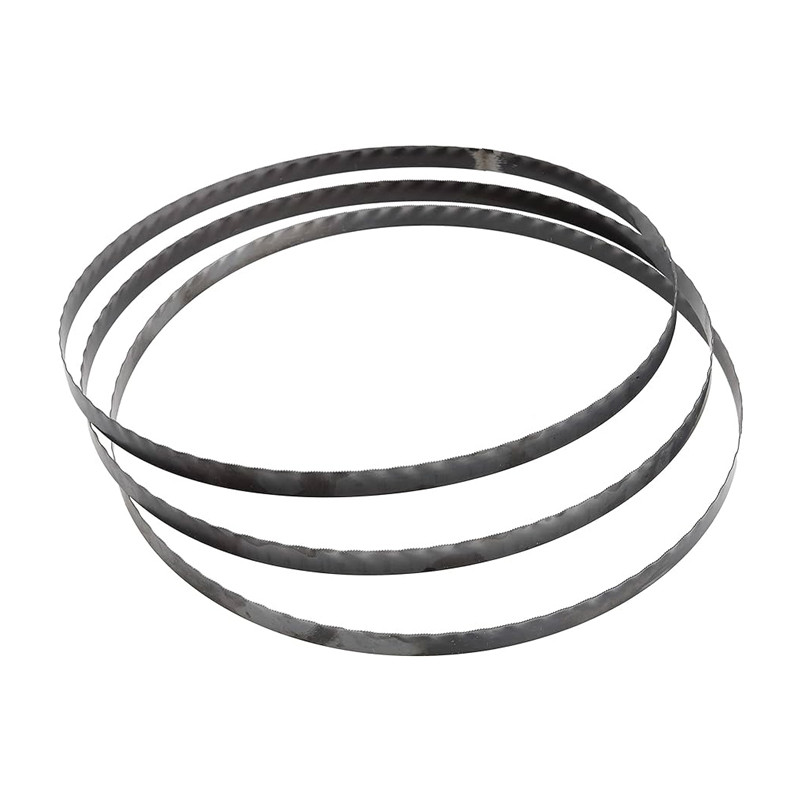 M42 Bi-Metal Bandsaw Blades For Industrial Type
M42 Bi-Metal Bandsaw Blades For Industrial Type -
 Electronic Digital Height Gauge From 300 to 2000mm
Electronic Digital Height Gauge From 300 to 2000mm -
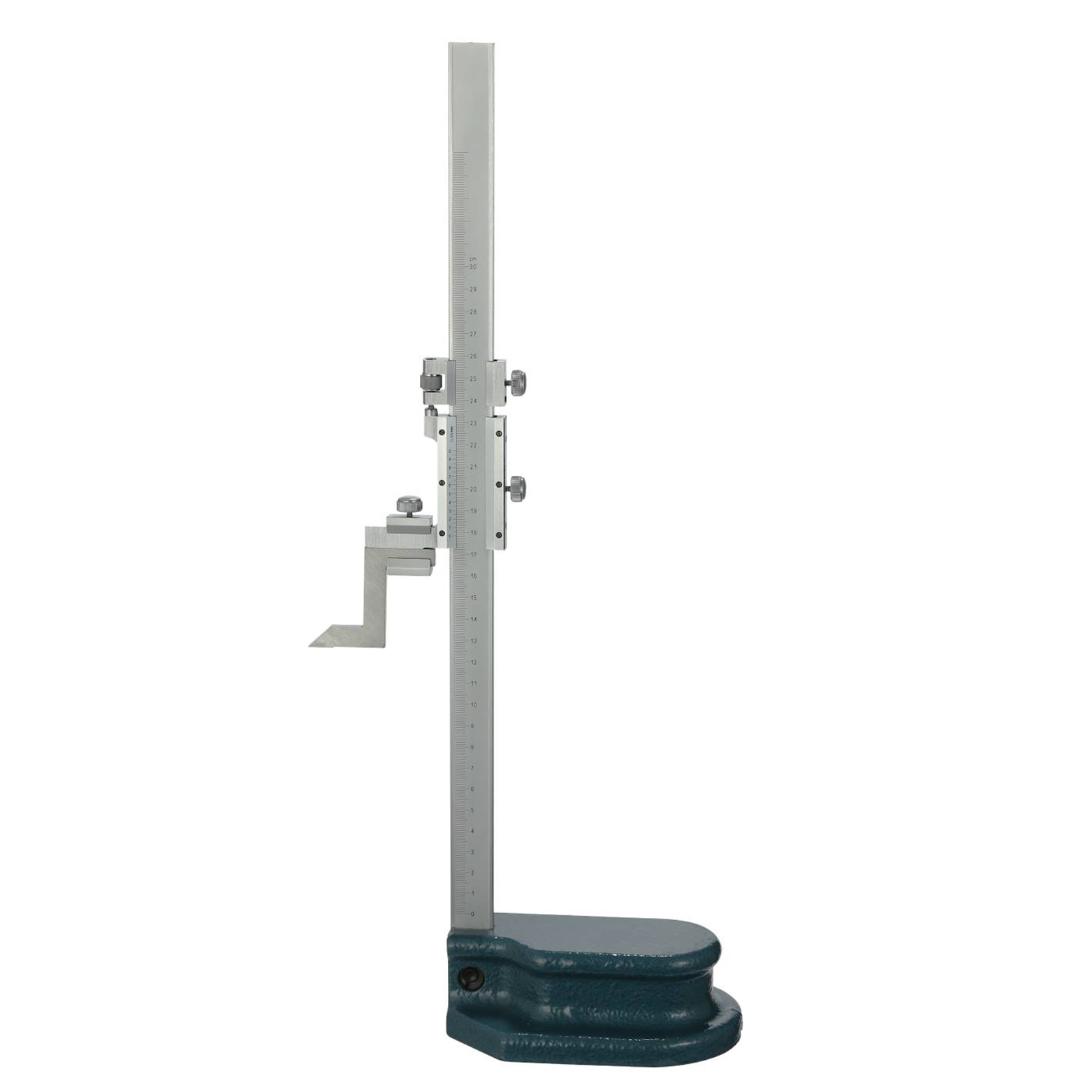 Vernier Height Gauge For Industrial
Vernier Height Gauge For Industrial -
 ISO Metric Hexagon Die With Right Hand
ISO Metric Hexagon Die With Right Hand -
 Precision 7pcs Angle Blocks Set With High Quality Type
Precision 7pcs Angle Blocks Set With High Quality Type -
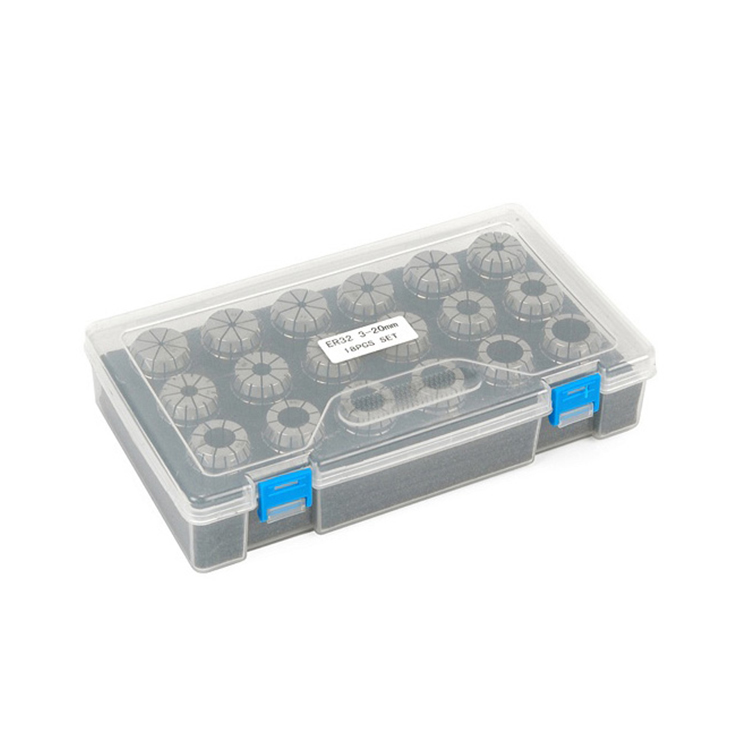 ER Collet Set With Hight Precision Milling
ER Collet Set With Hight Precision Milling -
 Precision V Block And Clamps Set With Industry Type
Precision V Block And Clamps Set With Industry Type -
 Precision V Block Set With High Quality Type
Precision V Block Set With High Quality Type -
 HSS Metric Taper Shank Twist Drills for High-Precision Metal Cutting
HSS Metric Taper Shank Twist Drills for High-Precision Metal Cutting -
 Auto Self Reversible Tapping Chuck In Drill Machine
Auto Self Reversible Tapping Chuck In Drill Machine -
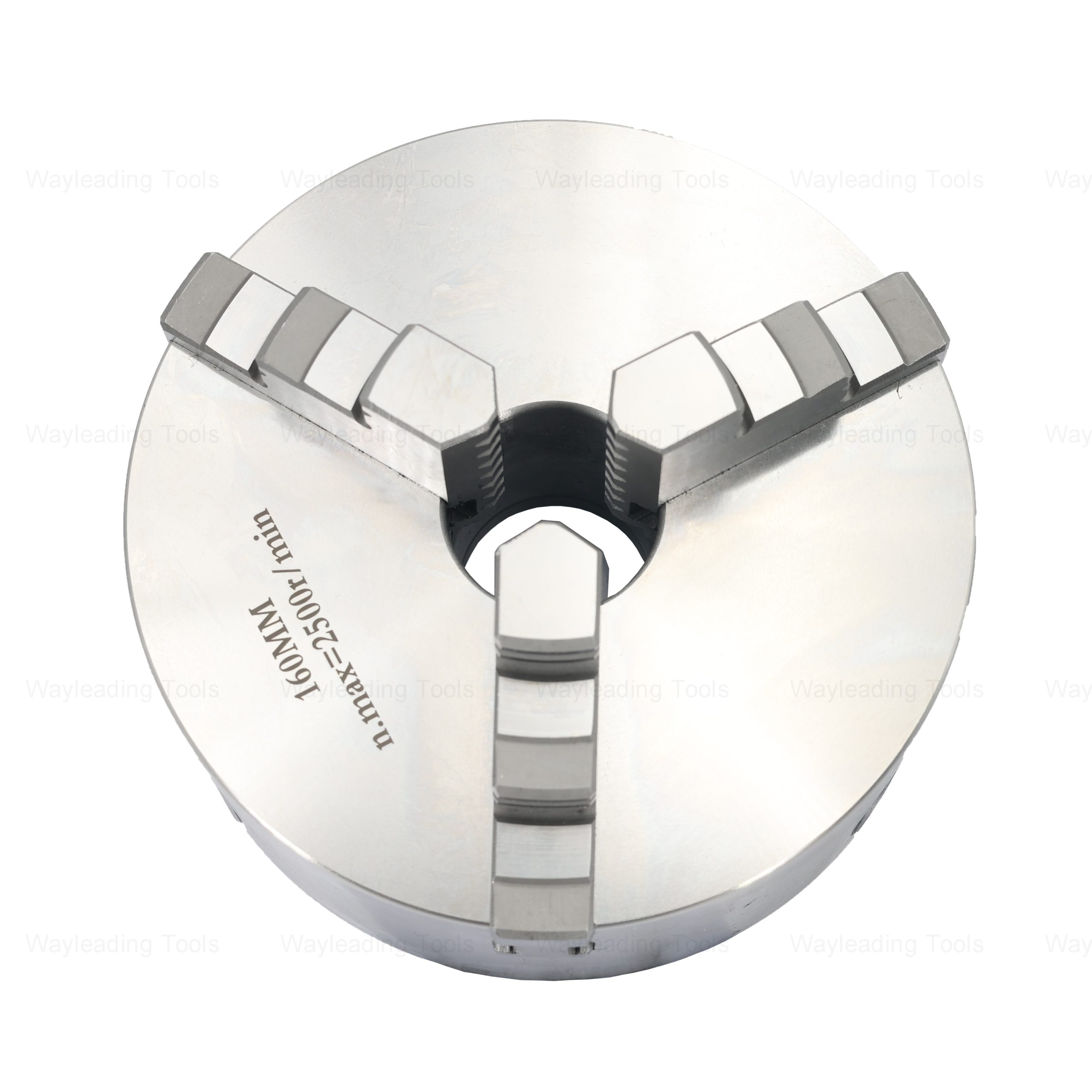 K11 Series 3-Jaw Self-Centering Lathe Chuck – Scroll Type, for Manual Lathes
K11 Series 3-Jaw Self-Centering Lathe Chuck – Scroll Type, for Manual Lathes -
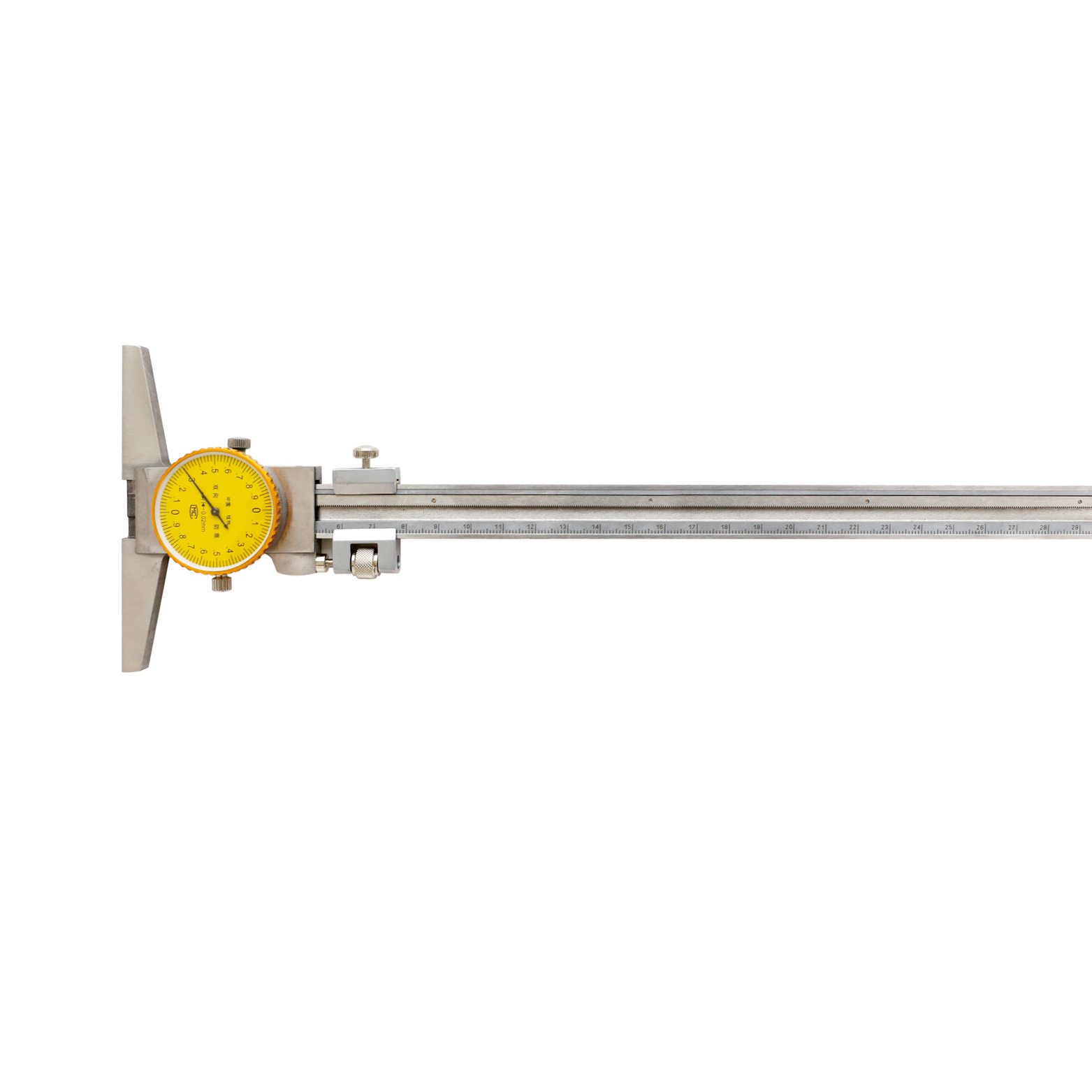 Dial Depth Gauge With Stainless Steel For Industrial Type
Dial Depth Gauge With Stainless Steel For Industrial Type


